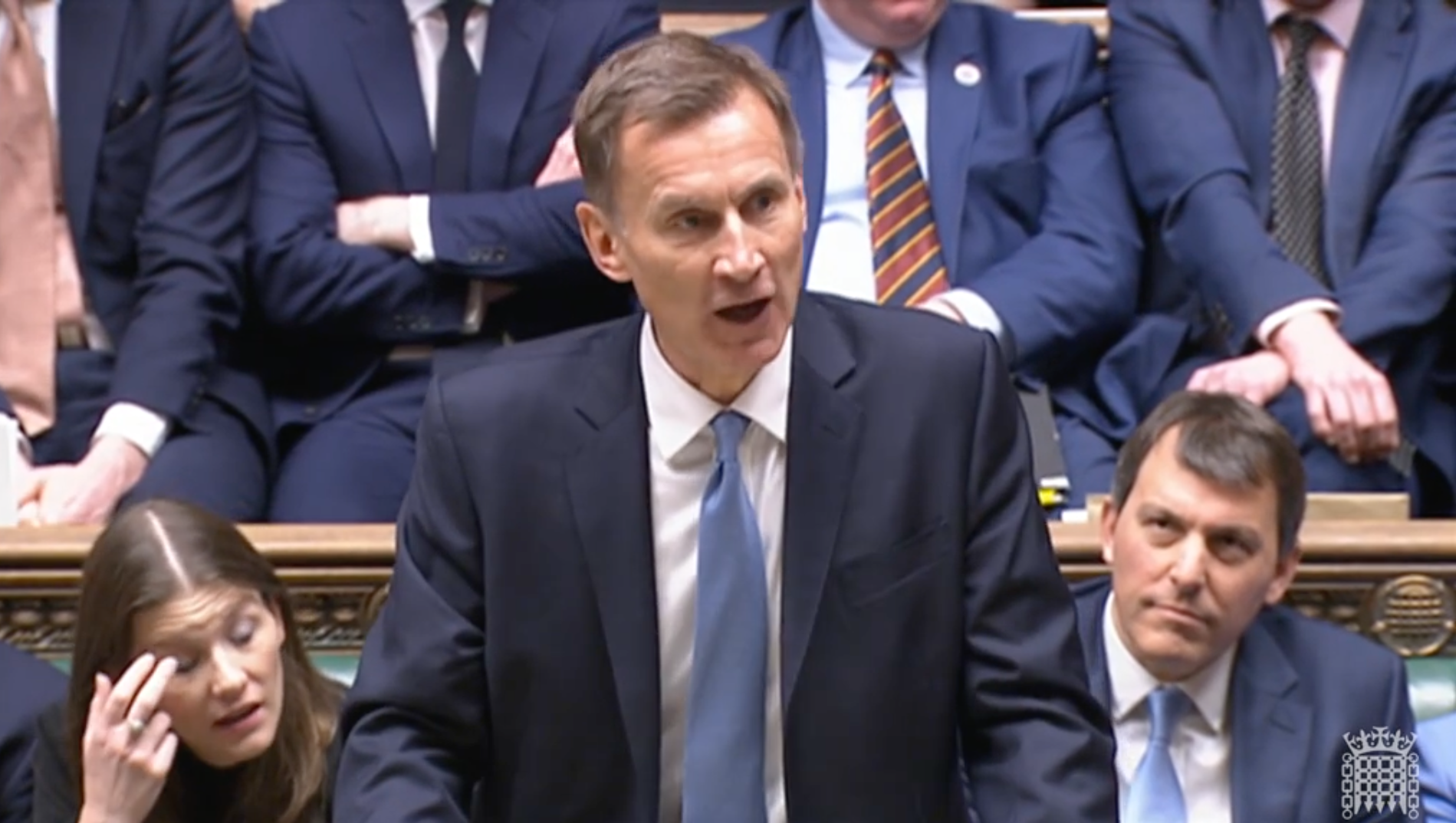Europe is home to 98 operational ‘unicorns’, at last count. That’s a sizeable portion of the 495 unicorns around the world.
Whilst the majority of these billion-dollar companies hail from large European nations like the UK, Germany and France, smaller European nation states — notably Estonia, Portugal and even Malta — have joined the party, attracting investors and producing well-known unicorns.
Mobility company Bolt in Estonia, low-code platform OutSystems in Portugal as well as aviation company VistaJet in Malta have made the list of high-valued unicorns in Europe. VC investment in Portugal, Malta and Estonia has steadily increased since 2015, reaching a combined total of nearly €260m in 2019 alone, according to European Startups data. Meanwhile, other smaller countries such as Lithuania have been successful in creating startup ecosystems, with Vilnius taking first place in a recent index on startup foreign direct investment.
But it’s not easy: smaller nations often have a shortage of talent and investors are often hesitant to invest in less-structured startup ecosystems.
So how have Estonia, Malta and co. pulled it off — and how can other smaller countries compete with their bigger siblings in building successful unicorns?
Regulating deeptech industries
Rapid regulatory adaptation to emerging technologies provides an incentive for companies to set up shop in jurisdictions with strong legislation.
The three Maltese laws regulating DLT are world-class, and can serve as a model for any country...
Malta, the smallest country in the EU, was one of the first countries to introduce a holistic regulatory framework for distributed ledger technologies (DLTs). “The three Maltese laws regulating DLT are world-class, and can serve as a model for any country, including the European Union [which] is now undertaking a serious regulatory initiative in this space,” says Steve Tendon, founder of blockchain consultancy ChainStrategies and the architect of the DLT legislation in Malta.
With a number of high-profile blockchain companies moving their operations to Malta, the blockchain sector is expected to account for 10% of GDP by 2027. Renowned blockchain industry players such as Binance and OKEx have already moved their operations to Malta since the unveiling of the law in 2018.
Implementation and execution of such strategies is paramount in successfully building a local ecosystem of high-performing deeptech unicorns.
“There is no point in having a ground-breaking strategy and world-class laws if then the regulation and the banking system become an insurmountable obstacle,” says Tendon. “Regulators should become familiar with the specifics of the technology, and be able to discern if a startup really falls into the realm of regulatory compliance or not.”
Similar approaches governing online gaming and the growing esports sector in Malta have had a ripple effect on startup growth.
There is no point in having a ground-breaking strategy and world-class laws if then the regulation and the banking system become an insurmountable obstacle.
“Malta’s first unicorn will probably come as a byproduct of its most successful niche industry: iGaming,” says Johan Zammit, founder of the annual Malta Innovation Summit and CEO of innovation firm Smart Studios, “just as how Nokia in Finland produced founders that had the confidence and experience to build international success stories.”
Novel approaches to attracting talent
Talent is key to building successful innovation ecosystems and unicorns. However, smaller countries have always had to deal with limited talent pools constrained by their geographic limitations.
Eurostat figures provide a glimpse of the disparity between smaller and larger European nations, with many small EU states producing far fewer doctoral candidates than the EU average. Yet smaller countries have looked into novel ways of bringing fresh talent into their startup ecosystems. Estonia, with a population of 1.3m people, recently revised its immigration policy by introducing laws regulating remote or ‘digital nomads’ with the introduction of the Digital Nomad Visa Program. Such a scheme is projected to attract 1,800 individuals annually, with a clear impact on the local tech startup scene.
Other countries, such as Portugal, have focused on developing university courses tailored for deeptech startups. In Lisbon, the city’s university courses in machine learning have provided an impetus for many startups to relocate to the city and source highly-qualified talent. In both cases, talent has brought about a growing ecosystem of startups, qualified individuals and investment to both countries.
A small, tech-savvy English-speaking country like Malta could be an entry point to the EU market for startups coming from abroad...
“For south European countries,” mentions Alex Borg, manager of Malta’s leading accelerator YouStartIt, “the fact that the region is so poorly serviced with accelerators, venture funds, and angel investors has brought to light the need to develop creative and innovative approaches to developing successful startup ecosystems. A small, tech-savvy English-speaking country like Malta could be an entry point to the EU market for startups coming from abroad, and the implementation of a startup visa could be one of the solutions.”
Tapping into the larger European startup support ecosystem
Smaller nations have limited resources to compete with larger and more established innovation ecosystems. This is even more pronounced when dealing with investors, as small nations typically have less mature ecosystems of angel investors and VCs.
For the YouStartIT startup acceleration programme in Malta, the majority of startups that went on to secure successive rounds of financing had to look to foreign jurisdictions to further scale up.
Yet with the advent of pan-European investment vehicles, namely the European Innovation Council and European Investment Bank products such as InnovFin, startups from smaller states are no longer limited to raising capital from their own shores.
EU legislators should do more to help smaller countries. For investors and VCs, dealing with European bureaucracy and regulatory constraints in each country limits their ability to fundraise across Europe, and the lack of a cohesive visa system for talented workers to work in Europe has profound effects on smaller nations.
Yet there are promising signs that countries are stepping up their game to compete against the big-name unicorns, and by creating the appropriate environment for startups to flourish smaller countries can still produce their own startups which will eventually target that elusive unicorn status.


